With the development of thoracic surgeries, one-lung ventilation (OLV) has been routinely used to facilitate surgical exposure. However, OLV can cause lung injury during the surgical process and becomes an important factor affecting the outcomes. To date, effective treatments for the prevention of lung injury caused by OLV are lacking.
Hydrogen has been hypothesized to have effective protection against tissue injuries caused by oxidative stress, inflammation, and apoptosis. Hydrogen water consumption reduced wet-to-dry weight ratio, malondialdehyde, and myeloperoxidase activity and decreased the concentration of TNF-α, IL-1β, and IL-6 in the lung tissues compared with the sham group and sham + H2 group. Hydrogen water consumption further attenuated NF-κB activation and caused histopathologic alterations.
In conclusion, hydrogen water consumption ameliorated OLV-induced lung injury, and it may exert its protective role by its anti-inflammation, antioxidation, and reducing NF-κB activity in the lung tissues.
Oxidative Stress?
Oxidative stress occurs due to the imbalance between the production of reactive oxygen species (ROS) and reactive nitrogen species (RNS) and the capability of innate biological systems to eliminate reactive intermediates. Unlike superoxide, which can be detoxified by superoxide dismutase, the hydroxyl radical cannot be eliminated by an enzymatic reaction. Hydroxyl radicals represent the major cause of the destruction of biomolecules either by a direct reaction or by triggering a chain reaction of free radicals.
H2 is superior to some antioxidants since it can selectively scavenge the deleterious hydroxyl radical while preserving other important reactive oxygen and nitrogen species for signaling.





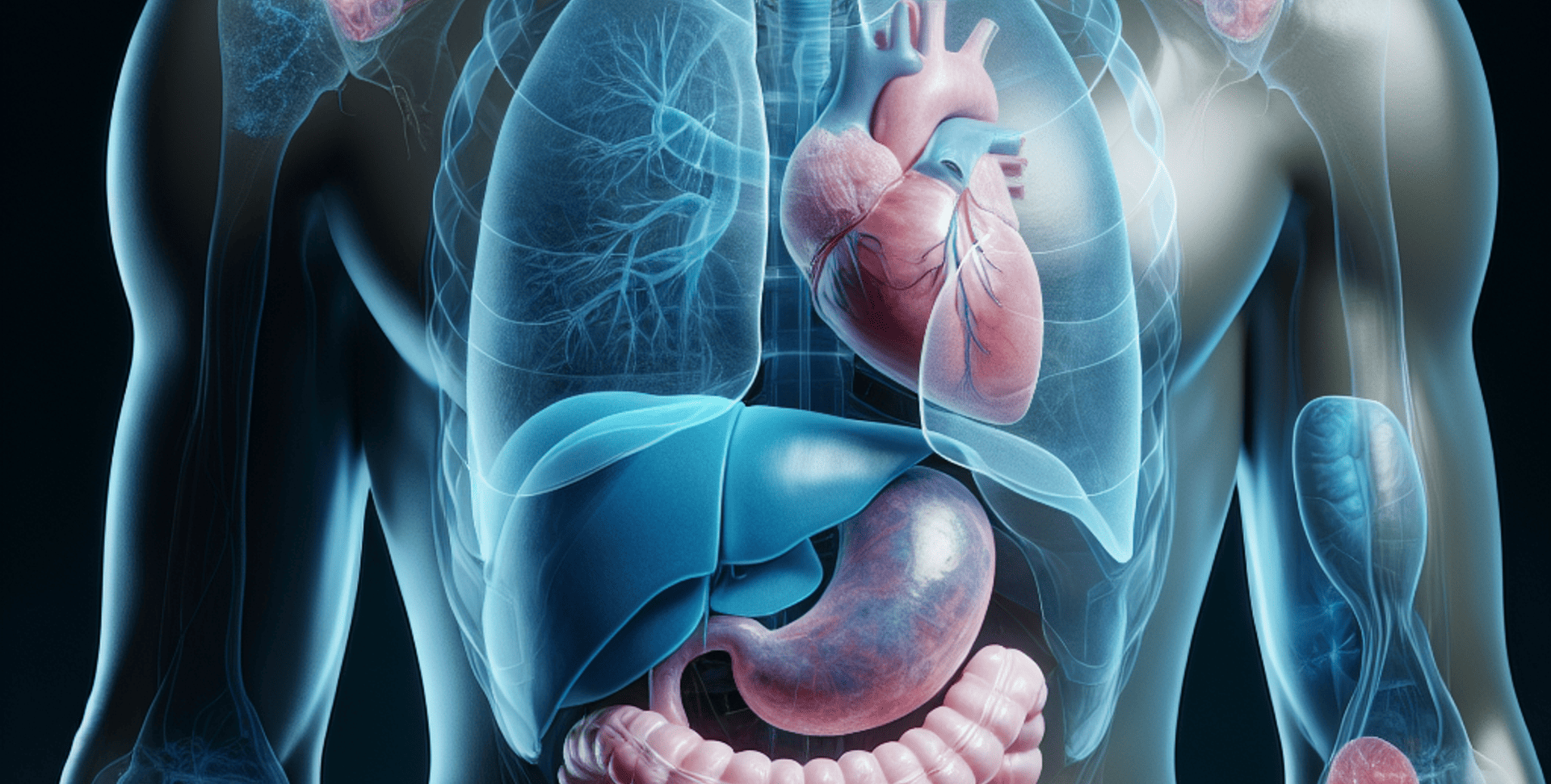


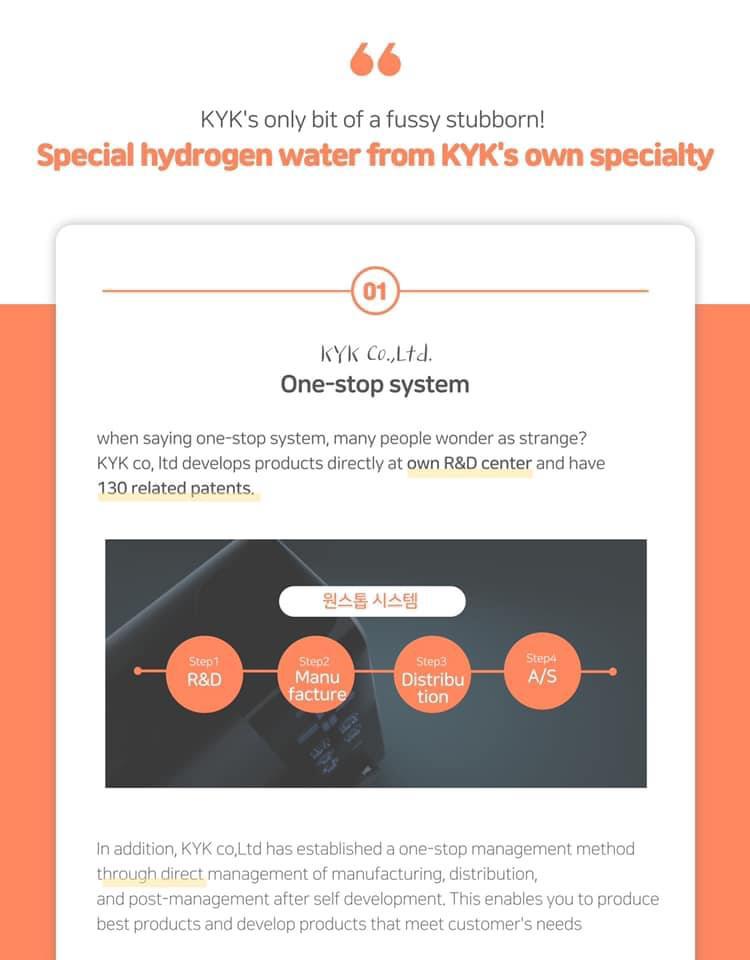
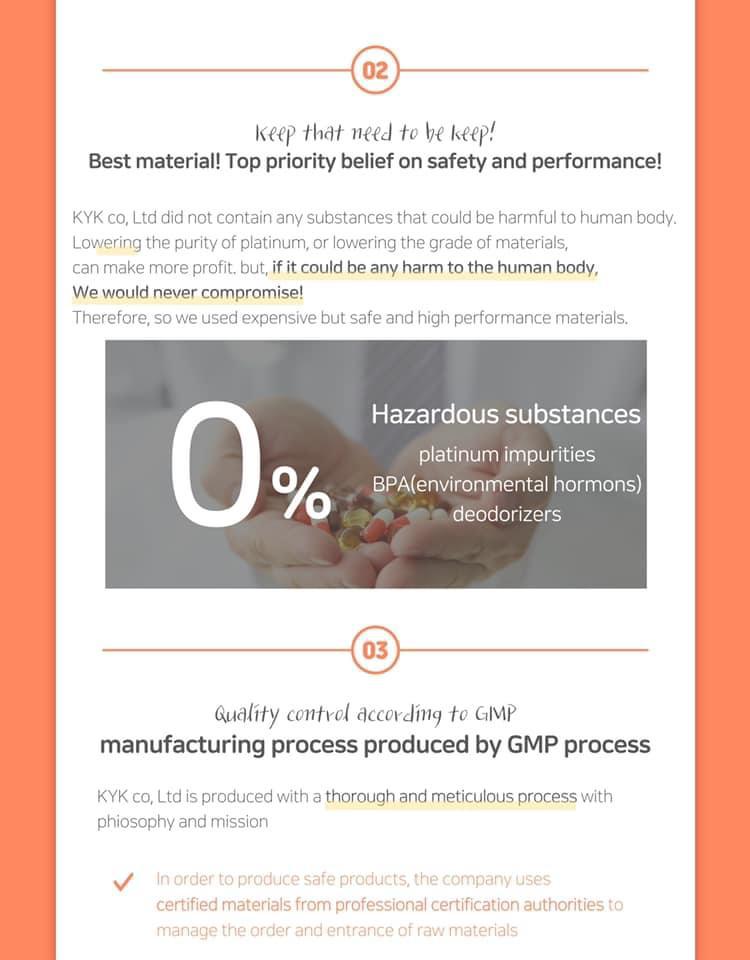

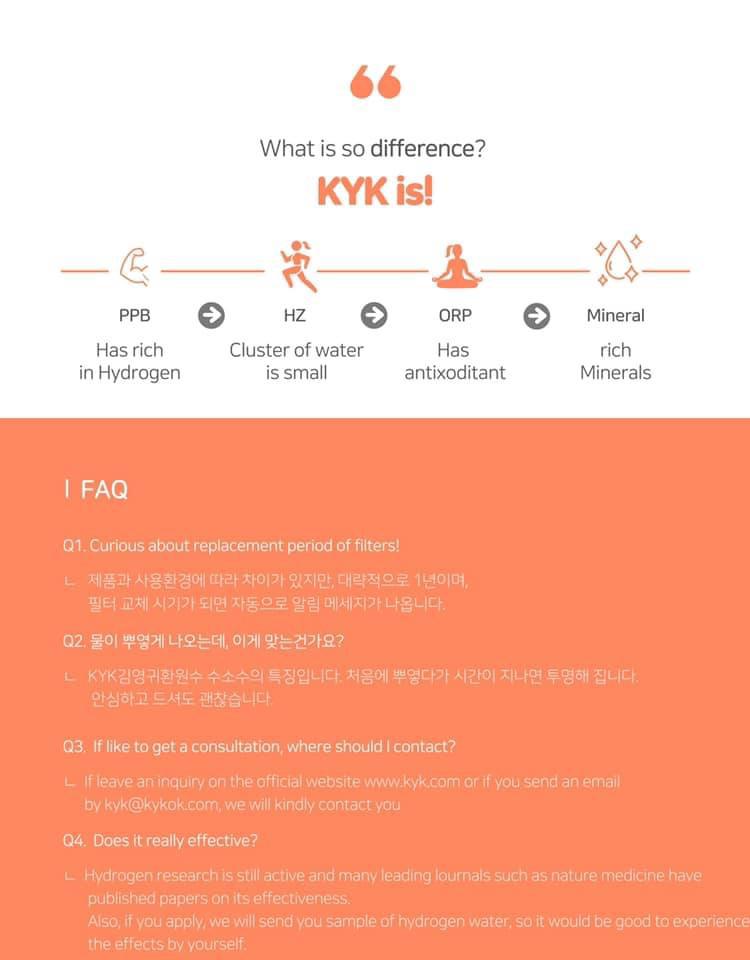
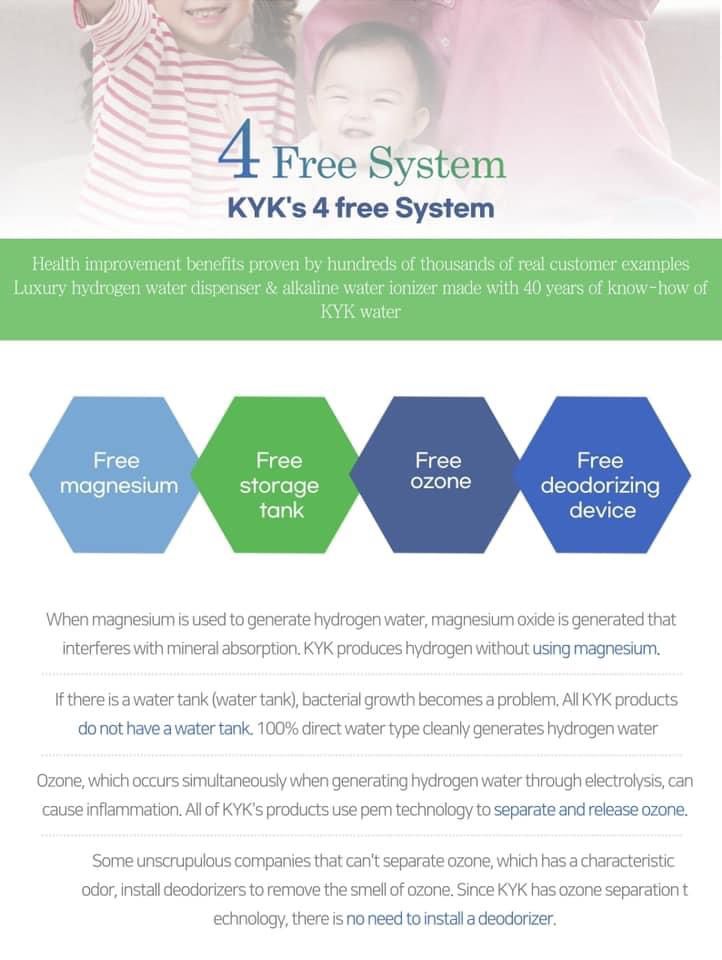
 WhatsApp us
WhatsApp us